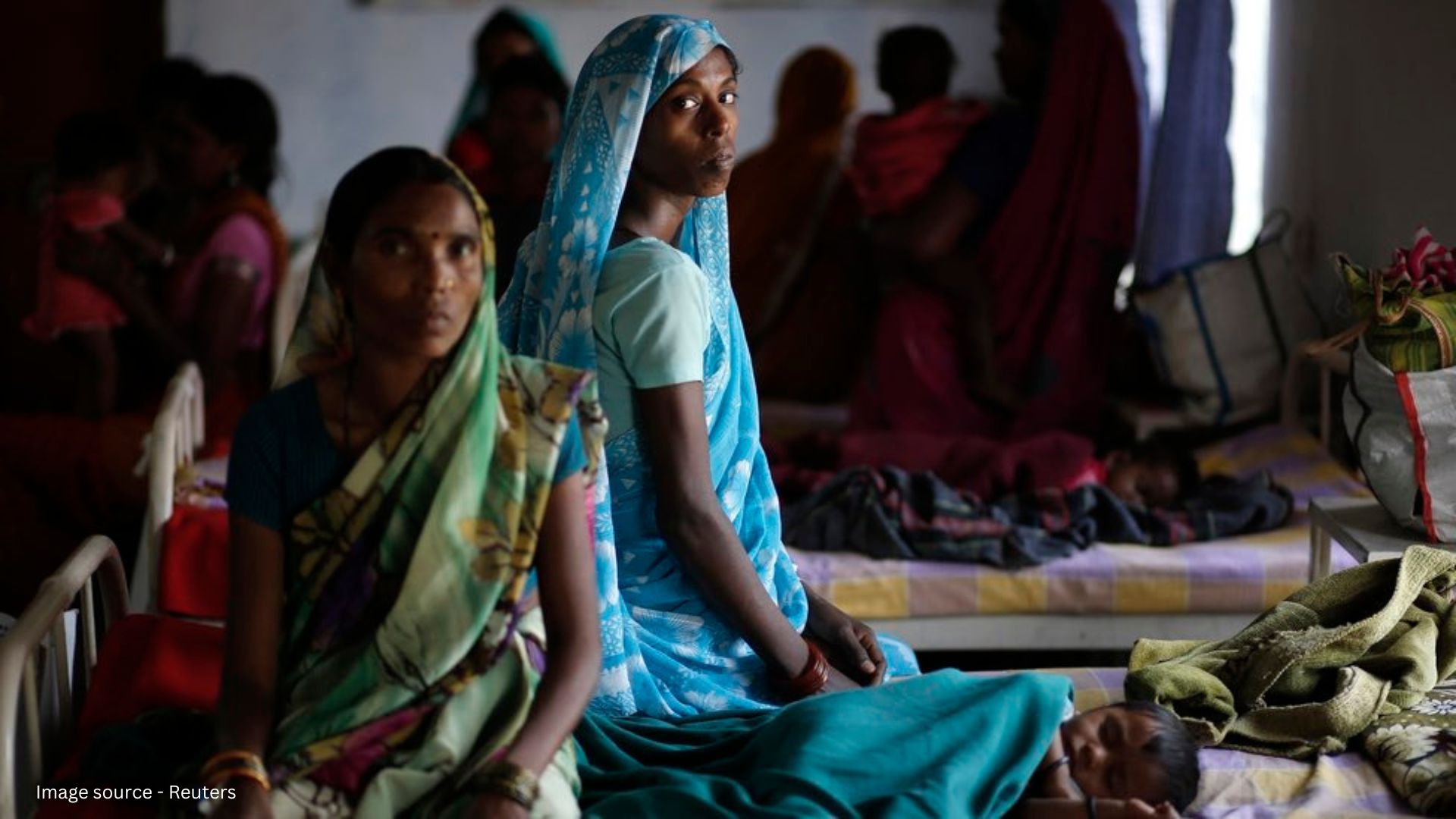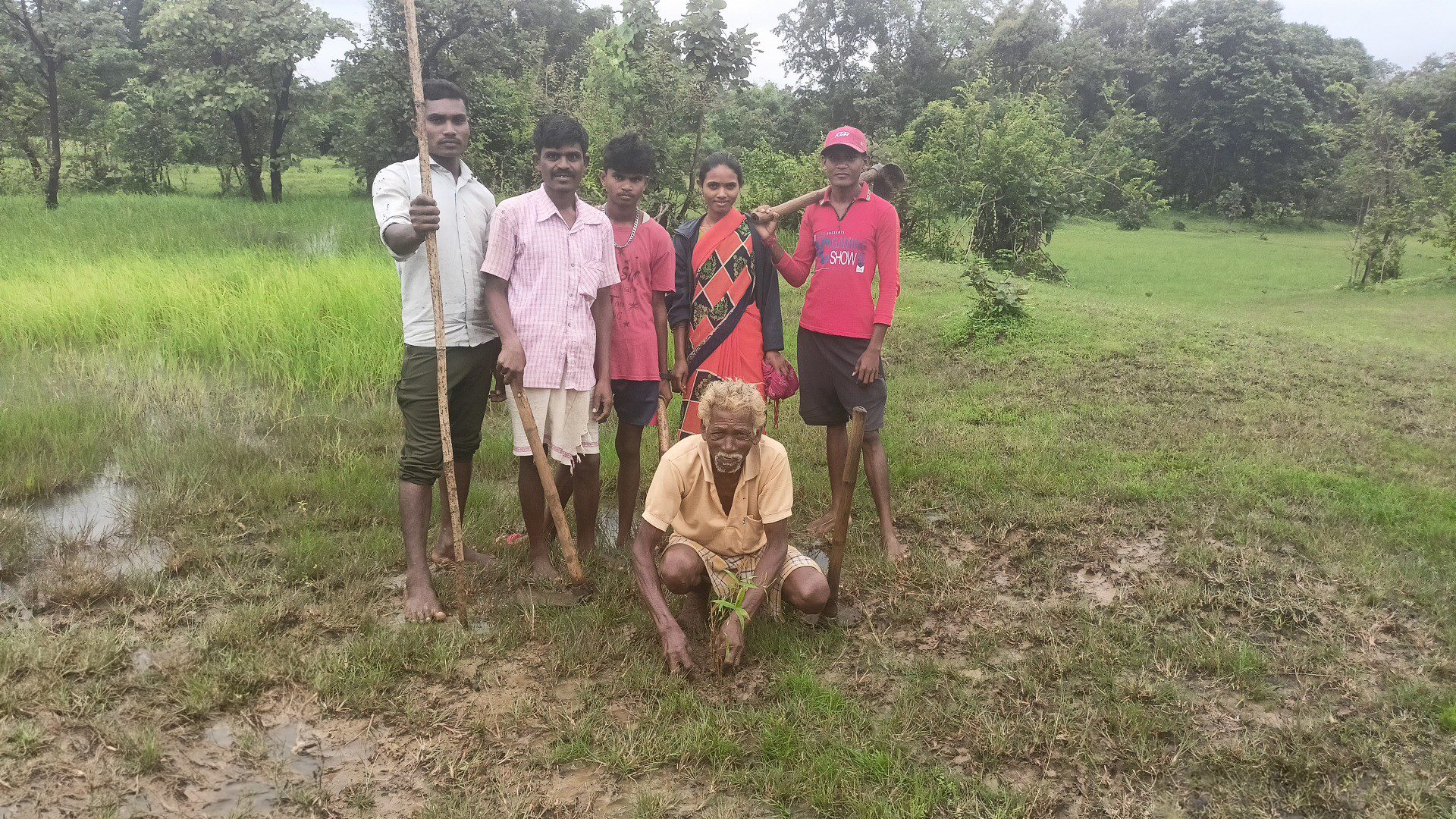In the most remote areas of rural India, affordable and accessible healthcare continues to be a challenge for underserved populations even today. With proper hospitals often located several kilometres away, the significance of timely diagnosis cannot be overstated. This critical aspect came sharply into focus through the stories that recently emerged from MAHAN Trust – an NGO serving tribal communities in the Melghat region of Maharashtra and catering to their healthcare needs.
When 27-year old Geeta* from Dharni village found herself battling tuberculosis for a third time, her very life hung in the balance. She had discontinued her TB treatment twice before, as travelling to the nearest hospital for regular check-ups would have meant forgoing daily wages. Due to this, Geeta was already vulnerable to a multidrug-resistant form tuberculosis (MDR-TB) when the disease struck again. This time, it spread to the rest of her body, led to multiple organ failure and she eventually slipped into a coma.
Geeta hasn’t been the only one in such a predicament. With 70% of the region’s mortality rate attributed to treatable infections such as TB, Melghat has long been deprived of high-quality diagnostic facilities that accurately detect infections and enable PHC doctors to effectively prescribe timely treatment. Caregivers bear the responsibility of submitting test samples to the nearest pathology lab in Amravati – a journey that takes 4-5 hours – and the subsequent waiting period to secure reports frequently results in delayed or, tragically, no treatment at all, eventually leading to the loss of lives in critical cases.
Recognising this as a significant challenge, the MAHAN Trust team collaborated with Medprime Technologies in early 2023 through the ACT Implementers Network, which aims to bring private innovations to public healthcare. Medprime’s digital microscopy solution allows pathologists to remotely analyse test reports for patients living in low-resourced areas, eliminating the hassle of transporting or storing the sample slides. Soon, the MAHAN Trust team began using the telepathology devices at the local PHC’s to begin addressing the issue.
It was this advanced diagnostic capability that helped the doctors diagnose and treat Geeta’s condition without the need for her to travel to a hospital, which has ensured the woman’s survival against all odds.
In another instance, Nandini* found herself in MAHAN Trust’s ICU in a coma due to cerebral malaria. Medprime’s solution facilitated a conclusive and accurate diagnosis that helped doctors prescribe the correct treatment. Despite facing their own economic challenges, the local community rallied together to support Nandini, showcasing the strength of solidarity in times of crisis. With their help and the support of donors, the medical team ensured she received treatment free of cost and came out of coma. Her remarkable recovery, just in time for Diwali, became a symbol of hope for the entire community.
These stories of success are just a few of the many that MAHAN Trust has brought to the fore – telepathology has enabled the team to detect multiple cases of malaria, tuberculosis, and even suspected leukaemia in the region in a timely fashion – thus saving lives while reducing the cost burden on the patients themselves. They underscore the transformative potential of technology and innovation and we’re proud to see the transformative impact it is slowly starting to create!
*Names changed to protect patient privacy


